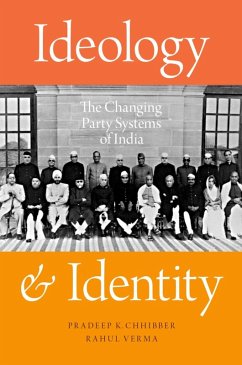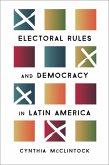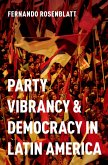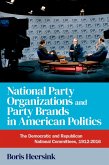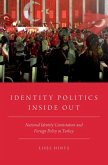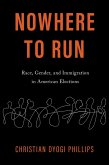Indian party politics, commonly viewed as chaotic, clientelistic, and corrupt, is nevertheless a model for deepening democracy and accommodating diversity. Historically, though, observers have argued that Indian politics is non-ideological in nature. In contrast, Pradeep Chhibber and Rahul Verma contend that the Western European paradigm of "ideology" is not applicable to many contemporary multiethnic countries. In these more diverse states, the most important ideological debates center on
statism-the extent to which the state should dominate and regulate society-and
recognition-whether and how the state should accommodate various marginalized groups and protect minority rights from majorities. Using survey data from the Indian National Election Studies and evidence from the Constituent Assembly debates, they show how education, the media, and religious practice transmit the competing ideas that lie at the heart of ideological debates in India.
Dieser Download kann aus rechtlichen Gründen nur mit Rechnungsadresse in A, B, BG, CY, CZ, D, DK, EW, E, FIN, F, GR, HR, H, IRL, I, LT, L, LR, M, NL, PL, P, R, S, SLO, SK ausgeliefert werden.

